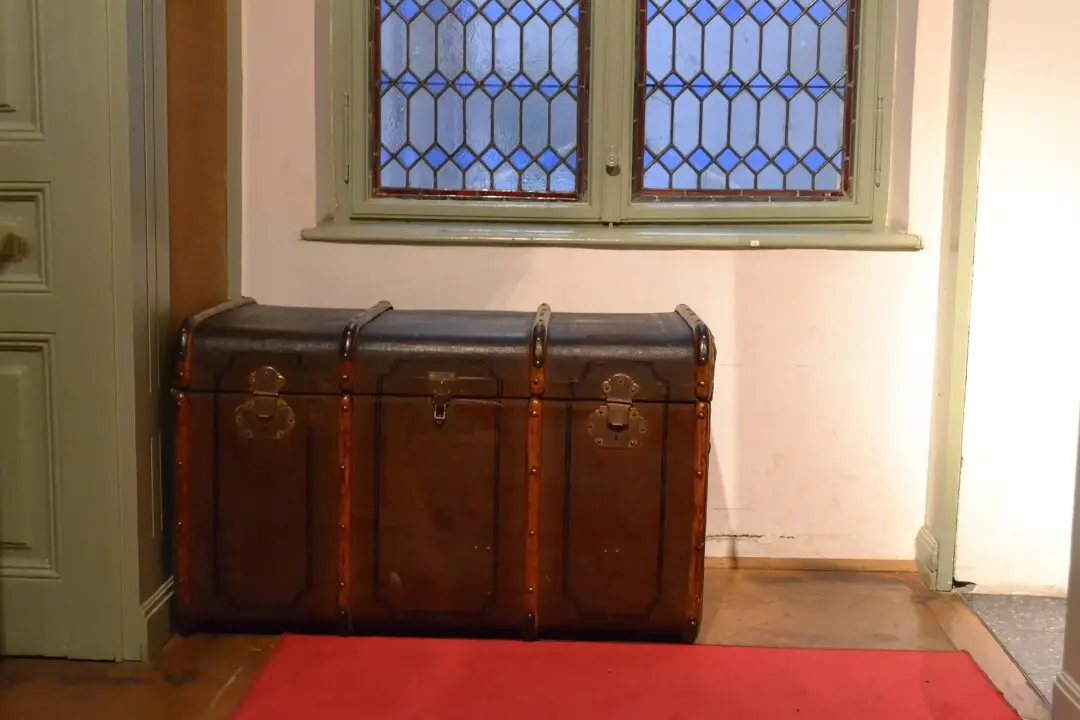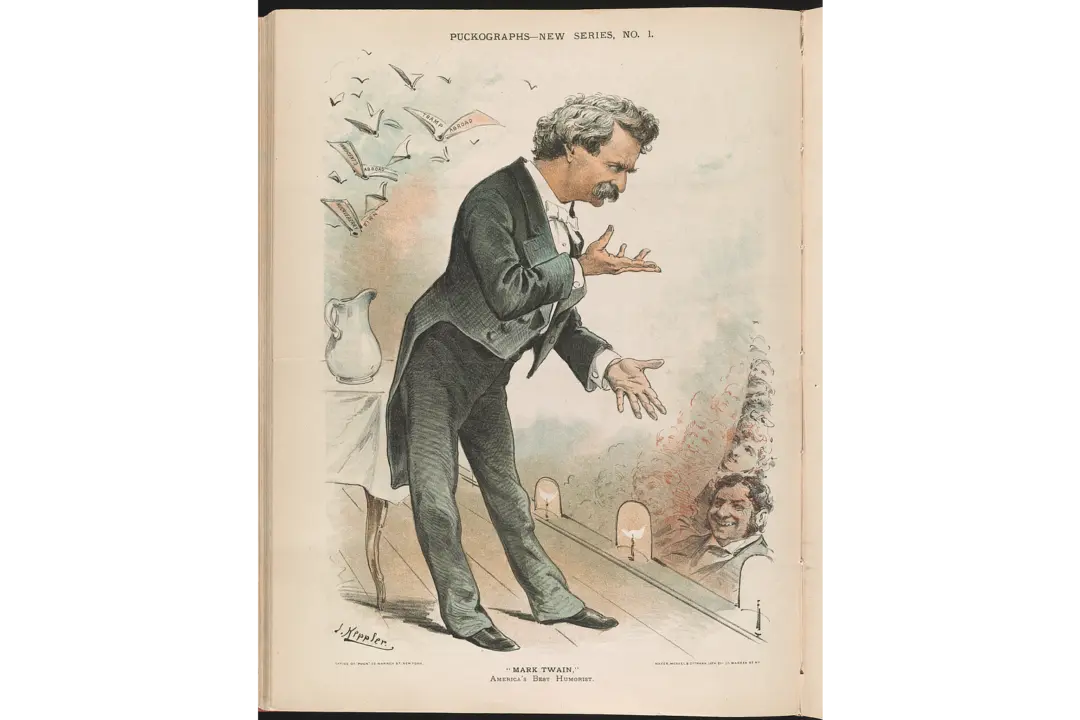Mark Twain contemplates the great adventure that language can take us on in his short story “Italian Without a Master.” Already a master of English, Twain humorously tries to interpret Italian. His attempted interpretations show how enjoyable language can be and the importance of using it properly.
While staying in an Italian villa near Florence, Twain entertains himself with Italian wordplay. With locals who only know Italian, he uses this barrier as a means of studying another language.






